By Jeff Brocklebank.
On January 1, the new Employer Health Tax (EHT) took effect in B.C. for construction companies and other businesses. The provincial government introduced this payroll tax in late 2018 through Bill 44, the Employer Health Tax Act. The purpose of EHT is to help offset revenue lost from the elimination of Medical Services Plan premiums paid by individual British Columbians.
The Walsh King team, which works with businesses in a range of industries throughout the province, understands how Bill 44 will affect employers. Here’s an overview of what these changes could mean for your organization.
CALCULATING EHT
EHT will apply to salaries, wages and other remuneration—the same amounts currently used to calculate payroll source deductions—paid to employees working at and/or paid by a B.C. permanent establishment. For the purpose of calculating EHT, employers include individual entities and/or associated groups.
EHT will be payable by employers with B.C. payroll of $500,000 or greater. Employers with B.C. payroll of $500,000 to $1.5 million will pay an EHT rate of 2.925% on payroll over $500,000. Employers with B.C. payroll over $1.5 million will pay 1.95% on their total payroll.
ACTION REQUIRED FOR EMPLOYERS
EHT registration began on January 7, 2019. If your organization is subject to the tax, keep these key action items in mind.
- Determine amounts that will be subject to EHT.
- Employers are required to pay calendar 2019 instalments if they will owe more than $2,925 annually. To do so, they must:
- Register by May 15, 2019, and
- Pay the first instalment by June 15, 2019.
- The first EHT return has a filing and tax payment deadline of March 31, 2020. The EHT act imposes penalties for late or missed filings, and interest on outstanding instalments or other balances payable.
CONSIDERATIONS FOR CONSTRUCTION BUSINESSES
Construction project estimates, budgeting, job costing and budget-to-actual comparisons should take into account the impact of EHT, whether it’s borne by the business directly or passed on by subcontractors.
To help minimize billing or other conflicts, you should inform clients of these extra costs.
MORE EHT INFORMATION
The B.C. government has provided an EHT overview. It includes EHT calculators to help estimate the required tax payments, details on what constitutes a permanent establishment, an associated employer, and other useful information.
HOW WALSH KING CAN HELP
If you have questions or concerns about how EHT will affect your business, please contact us today.
Posted in Strategic Insights + Tax Legislation


